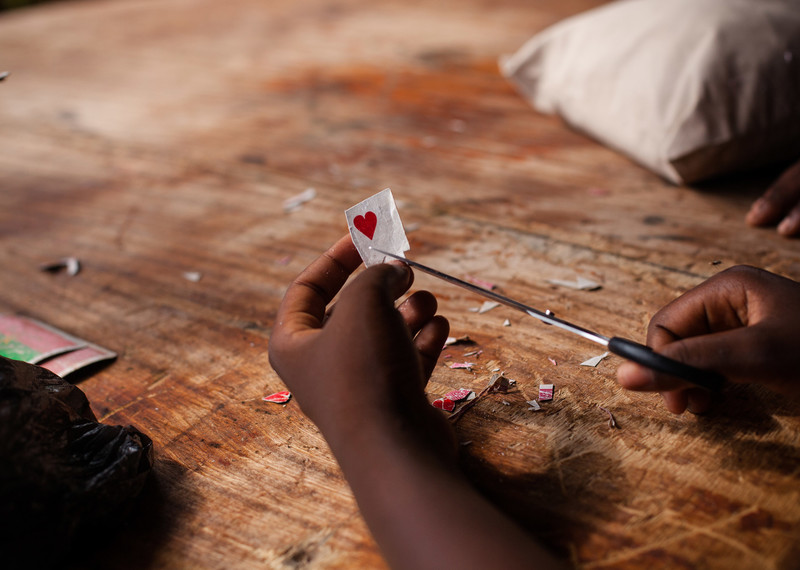As Burkina Faso gears up for elections on 29 November, the plight of women and girls like Nathalie must not be forgotten by the new government.
When I first got pregnant, I was living in a village, at my maternal grandmother’s. I didn’t realize that having sex could make me pregnant. My father’s family, including my uncles, were angry with me and accused me of disregarding our customs by getting pregnant before marriage. I gave birth at my grandmother’s. The father recognized the child was his but we didn’t stay together.
When I became pregnant for a second time, I still did not know about contraception. Nobody at the clinic told me about it. My partner and my family never talked about contraception. I gave birth to my second child at home, then I had another child, also at home.
Going against custom
It was after the birth of my third child, when he was three years old, that I heard about contraception for the first time. A friend told me I could find out about it at the clinic. It was not the custom of the men in the house to use contraception. I did not dare to ask my partner for permission because I knew how he would react. His family always used to say that pregnancy was a gift from God and nobody should go against his decision.
So my friend gave me a pack of pills. I did not know how many to take or how often, so I took one every time I had sex. When I got the chance to go back to the clinic in secret, the nurse told me to come back after my period. However, my periods stopped and when I went back to the clinic, the nurse told me I was pregnant. I had come too late.
My friend gave me a pack of pills. I did not know how many to take or how often.
Nathalie
If it wasn’t for the opposition of my partner and his family, I would not have had a fourth child. I went back to my parents’ home because we are still not married. At the moment, I don’t have any money to be able to use contraception. I am tired and I don’t want to have more children. The price of contraceptives should be lower.
Nathalie’s experience is not unique. Denied proper information about sex and relationships and blocked from getting contraceptives, women and girls are unable to make crucial, life-changing decisions that are their right. Let’s break the barriers to free choice in Burkina Faso. Sign our petition today.
#MyBodyMyRights



